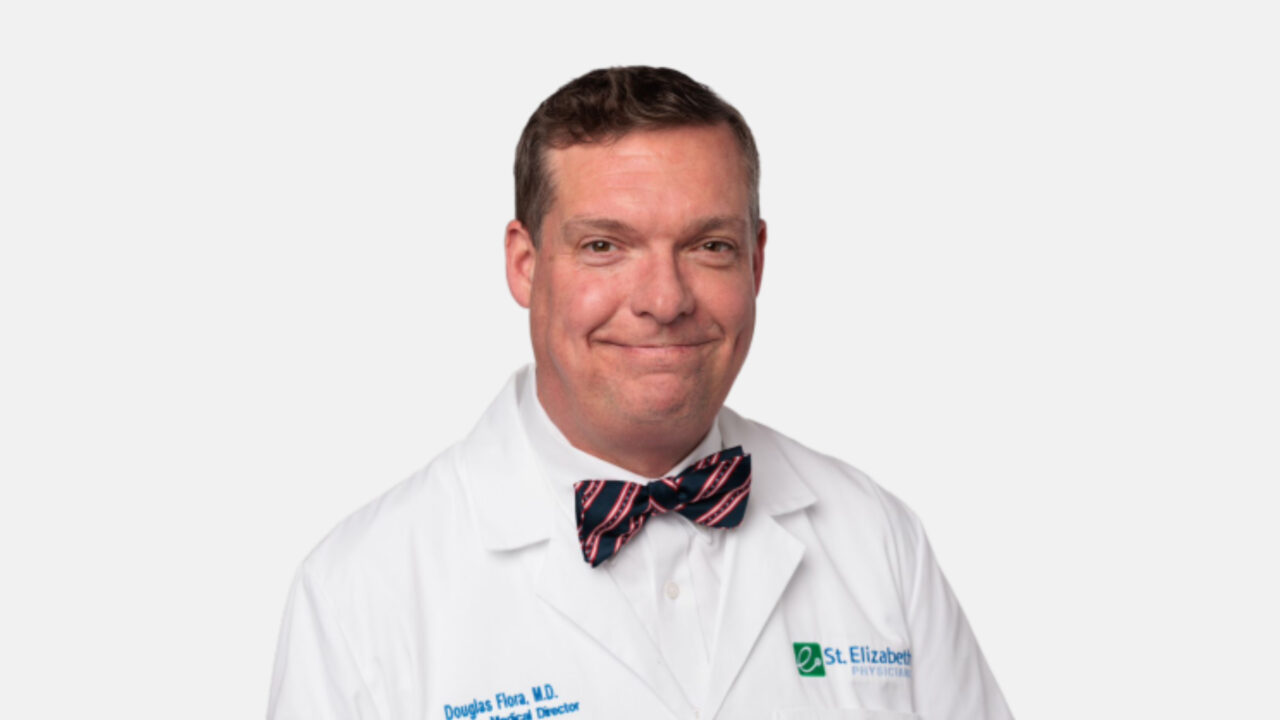Douglas Flora, Executive Medical Director of Oncology Services at St. Elizabeth Healthcare and President-Elect of the Association of Cancer Care Centers, shared on LinkedIn:
“Beyond the Algorithm: How AI is Restoring the Art and Soul of Medicine
The true promise of AI in oncology isn’t just about computational power. It’s about re-humanizing the practice of medicine.
In a system straining under administrative pressure and data overload, AI is emerging as the ultimate clinical co-pilot. By shouldering the heavy cognitive load of information management and routine data synthesis, AI liberates oncologists to focus on what is uniquely human.
This isn’t just about efficiency; it’s about restoring the core of patient care. When AI handles the routine, clinicians can dedicate their focus to:
- Deeper Patient Connection and Empathy: Having the time for unhurried, compassionate conversations to truly understand a patient’s fears, hopes, and values. This is central to healing.
- Complex Ethical Deliberations: Navigating the profound ethical questions in cancer care. AI can provide data, but the wisdom to facilitate shared decisions that honor a patient’s quality of life and autonomy remains human.
- Fostering True Scientific Inquiry: Creating the mental space for deep critical thinking—to question assumptions (even those from AI), ponder complex cases, and advance our understanding of disease.
- Mentoring and Collaboration: Investing in the next generation of clinicians and engaging in the rich, interdisciplinary discussions that lead to the best patient outcomes.
This shift does more than just combat the alarming rates of physician burnout. It aims to restore the joy and intellectual fulfillment of medicine, allowing doctors to reconnect with their mission: to offer compassionate, holistic care during life’s most profound crises.
Think of it like the printing press. It didn’t just replace scribes; it democratized knowledge and freed scholars to spend less time copying and more time thinking, analyzing, and creating.
AI may offer a similar liberation for the modern physician—automating certain cognitive tasks to free the human intellect for what it does best: reason, empathize, innovate, and connect.”
More posts featuring Douglas Flora.


